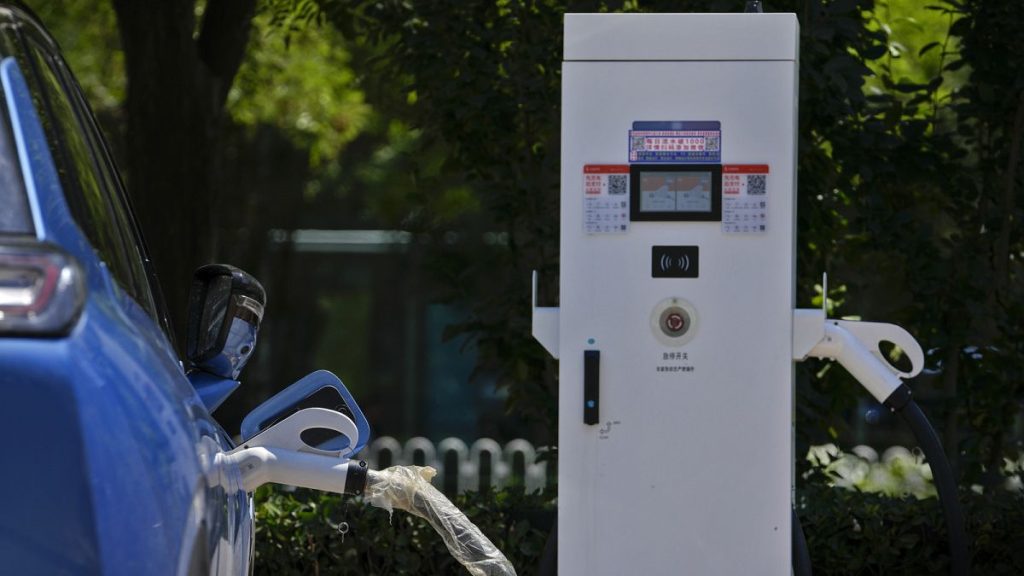The European Commission has announced its intention to impose definitive duties on imports of Chinese battery electric vehicles (BEVs) in an effort to protect the EU’s homegrown BEV industry from unfair competition from Beijing. The proposed duty rates, which have been shared with Chinese BEV producers, as well as the Chinese and EU governments, would apply for five years if approved by EU member states. The rates have been revised slightly to reflect challenges from Chinese manufacturers, with duty rates ranging from 9% to 36.3% for various companies. The Commission has also announced that it will not retroactively collect duties on Chinese BEV imports.
Discussions between Brussels and Beijing have intensified in recent months, as the EU moves closer to imposing long-term tariffs on Chinese BEV manufacturers. The nine-month anti-subsidy probe conducted by the EU found that China was providing generous subsidies across its BEV value chain, giving Chinese companies an unfair advantage in the market. The flood of cheap China-made BEVs into the EU market has raised concerns about potential harm to the EU’s domestic industry. The probe and resulting tariffs are part of the EU’s efforts to address China’s aggressive trade practices and have led to tensions between Brussels and Beijing, including a complaint filed with the WTO by China.
The Commission has stated that it remains open to reaching an alternative solution with Beijing that adheres to WTO principles. The EU’s actions have been met with skepticism from some within the bloc, particularly Germany, where major car manufacturers have expressed concerns about potential disruptions to European value chains. However, Brussels has defended the probe and tariffs as essential to prevent Europe from losing ground to emerging powers and becoming an industrial desert. The Commission’s move to impose definitive duties on Chinese BEVs is seen as a proactive step to protect EU industries from unfair competition and ensure long-term sustainability.
Affected companies and the Chinese government have 10 days to provide comments on the proposed duty rates, and may also request hearings with the Commission. The final duty rate is expected to come into effect by October 31 at the latest. The Commission’s decision to not retroactively collect duties on Chinese BEV imports is based on the lack of evidence showing material harm to EU companies, only a potential threat of economic harm. The draft measures revealed on Tuesday provide insight into the tariffs that Chinese BEV manufacturers could face when importing their products into the EU, highlighting the ongoing efforts by the EU to address unfair trade practices and protect domestic industries.













